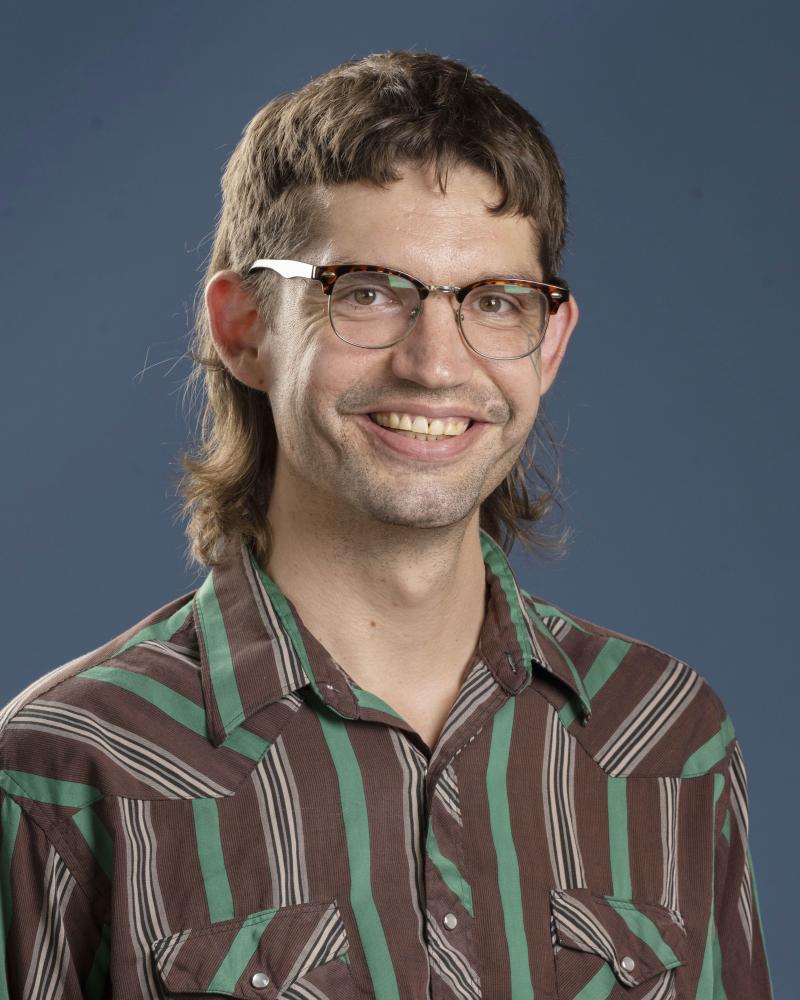
Caleb Adams – Geological Sciences
Previous Degree: Western New Mexico University
Caleb’s research interests are in numerical models, machine learning, and land-atmosphere interactions. In particular, he is interested in the development and use of computer models to explore how vegetation and water affect fire behavior.
Hollis Akins – Astronomy
Previous Degree: Grinnell College
Hollis’ research focuses on the formation and evolution of the earliest galaxies in the universe. In particular, he uses observations from large telescopes such as ALMA, HST, and JWST, and occasionally numerical simulations of model universes, to explore the gas and dust content of early galaxies and gain insights into the physical processes driving galaxy evolution, such as outflows from supermassive black holes/supernovae or merger-driven starburst episodes. Hollis’ current research uses observations of an extremely distant pair of galaxies to constrain the buildup of stellar mass in the early universe and explore the impact of galaxy mergers on the interstellar medium.
William Beason – Information Studies
Previous Degree: University of Texas at Austin
Will studies the development of ethical, sustainable AI. His main interest is the use of language models to organize information and evaluate people. Will's current research is on gender bias in Wikipedia, and how this bias manifests in the language models trained on it. He also creates open source software tools other researchers can use to ensure their AI research is reproducible and replicable.
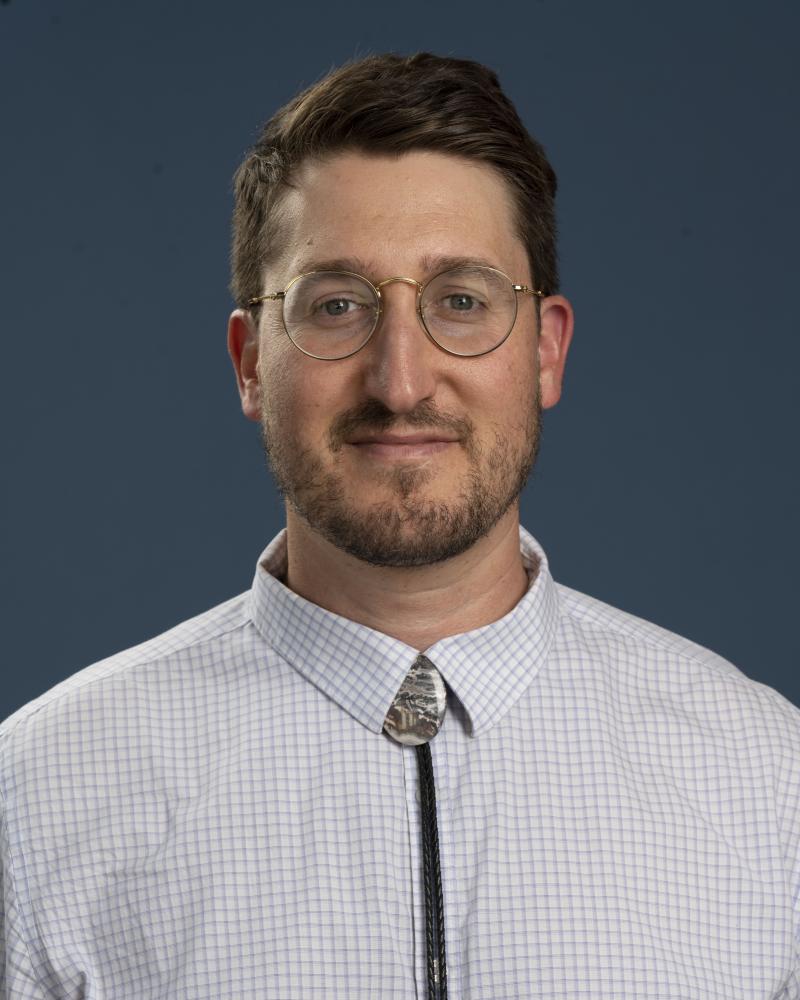
Daniel Dawer – Educational Leadership and Policy
Previous Degree: University of Texas at Austin, Harvard University
Daniel's research focuses on neoliberal education reform and its effects on K-12 school organizational conditions. Using sociological methods, he studies how market-based accountability interventions and choice policies restructure teacher working conditions, student learning opportunities, and community participation in school governance and decision making. He also considers how practicing educators can partner with students, families, and community organizations to implement equitable, democratic approaches to school improvement.
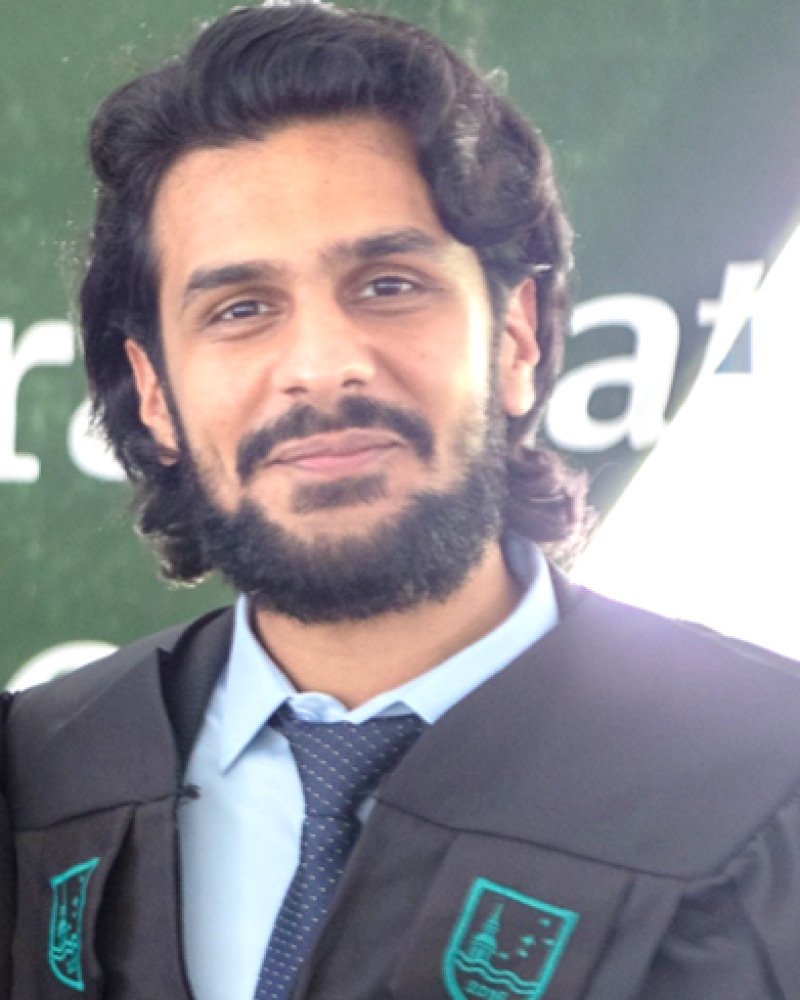
Aneeq Ejaz – Religious Studies
Previous Degree: Darmouth College
Aneeq’s research interests include questions pertaining to the Muslim experience in South Asia, with a focus on forms of Muslim mobilization on issues of faith, gender and tradition. His graduate project seeks to examine Muslim family reform as a problem in the historiography of social reform undertaken by a range of political and religious actors in nineteenth and early twentieth century colonial India. He’s interested in studying the relationship between family, Muslimness and personhood, and raising questions like why Muslim jurists and reformers were unable to imagine a legal person outside of familial roles as they negotiated issues of sexuality, corporeality, gender relations and child-rearing. Among other things, the project seeks to examine how Muslim reformist activity, operating within the confines of the colonial legal regime, contributed to processes of embourgeoisement among Muslim communities by encouraging the formation of conjugal families, reshaping prevalent attitudes towards property ownership and introducing the ideals of self-discipline and productivity in daily life.
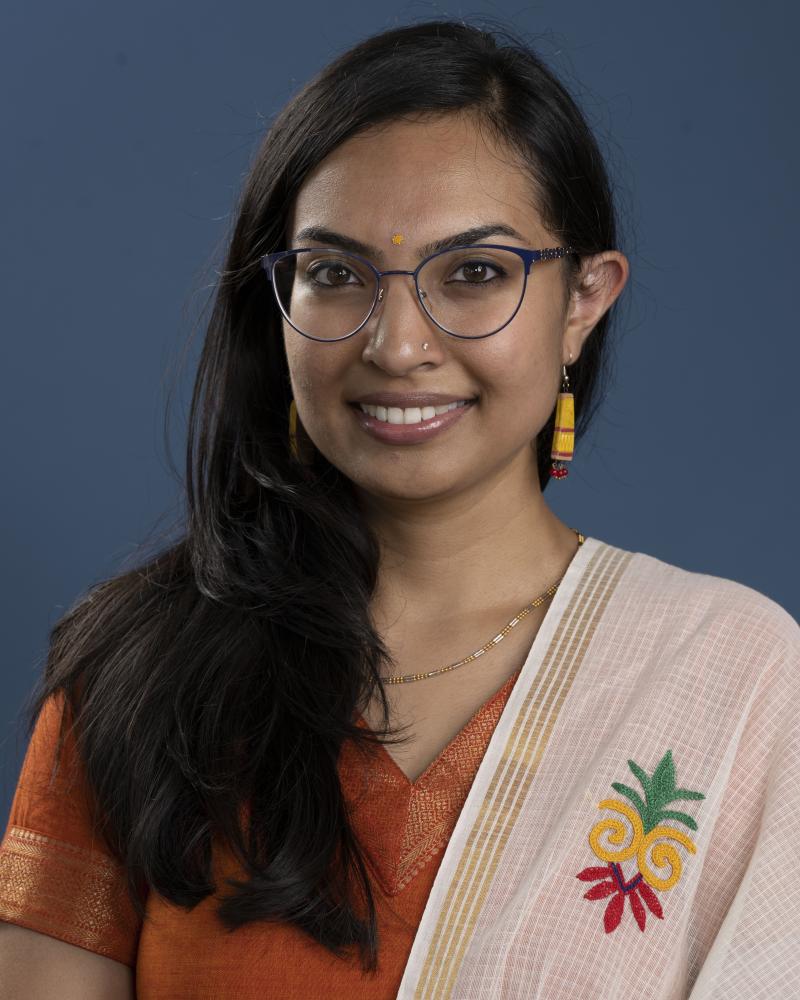
Aruna Kharod – Musicology/Ethnomusicology
Previous Degree: University of Texas at Austin
Aruna's dissertation investigates global exchanges of labor, craftsmanship, and materials that shape the manufacture of sitars (a Hindustani stringed instrument). Based on ethnographic research in India and the US, Aruna seeks to engage academic and public audiences through her interdisciplinary work. This dissertation project is also grounded in her sitar training with Prof. Stephen Slawek at UT Austin. Aruna’s broader scholarly interests relate to her practice of Bharatanatyam dance and sitar, and to her community-based work in arts education and public humanities.
Mary Eileen (Molly) McNamara – Psychology – Clinical
Previous Degree: Stanford University
Molly's research focuses on understanding, measuring, and manipulating causal mechanisms of depression, specifically cognitive biases. Her dissertation research centers on improving the assessment of negative attention bias through novel applications of analytic methods and enhanced behavioral task design. Her research interests also include using data science to parse the heterogeneity of depression, as well as identifying what treatments might work for whom.
John Moore – Social Work
Previous Degree: University of North Carolina, Charlotte, Washington University in St Louis
John’s research aims to identify and integrate the most critical determinants of substance use behavior change into interventions to promote the recovery and well-being of those impacted by substance misuse. He is particularly interested in identifying these determinants among individuals with comorbid serious mental illness, persons who have experienced homelessness, and adults with criminal justice involvement. His current research also focuses on identifying and promoting factors associated with engagement in healthy behaviors and healthcare utilization among persons experiencing substance misuse.
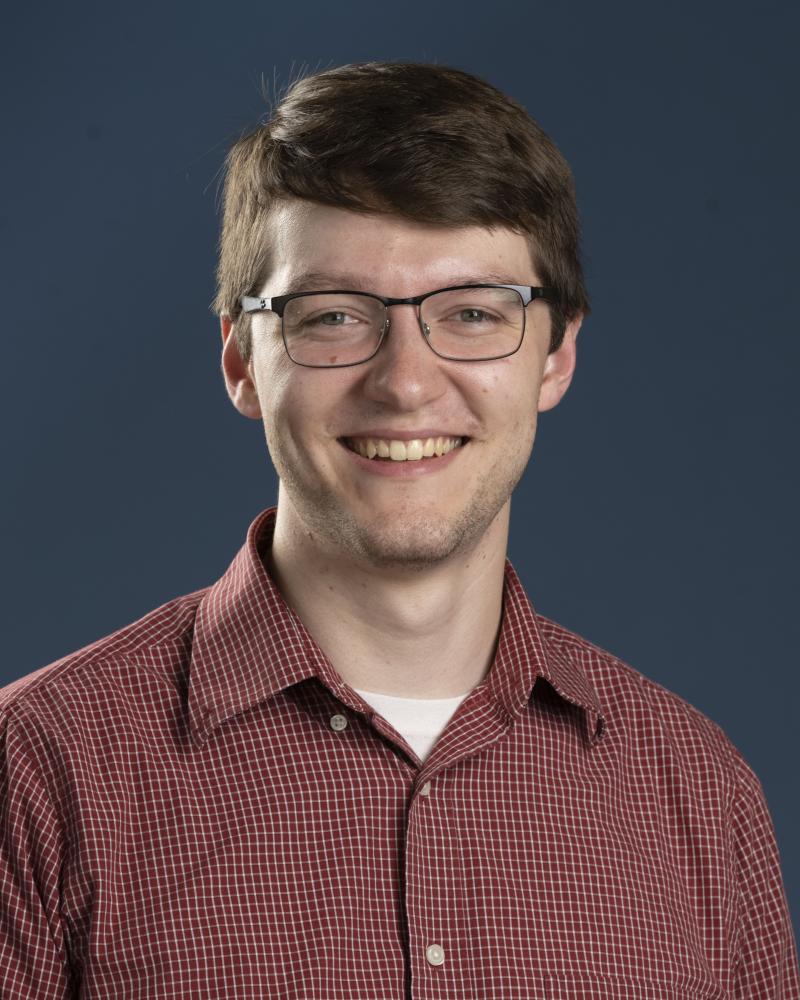
Connor (Mel) Neill – Marine Science
Previous Degree: University of Minnesota, Twin Cities
Mel studies the physiology, behavior, and community ecology of cryptobenthic coral reef fishes. He is interested in using intermittent-flow respirometry and behavioral trials to relate metabolic rates to competitive ability, as well as how these relationships influence social structures and microhabitat partitioning. Mel is located at the UT Marine Science Institute in Port Aransas.
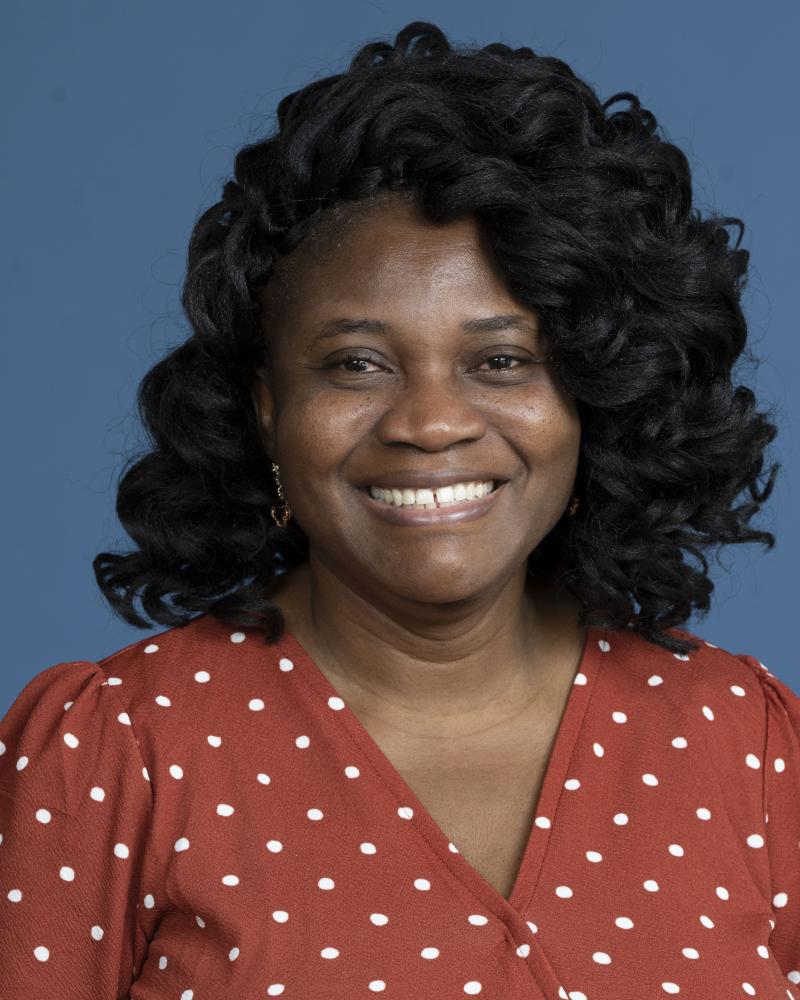
Mercy Sosanya – Nutritional Sciences
Previous Degree: University of Ibadan, Oyo State, Nigeria
Mercy’s research focuses on investigating the multidimensional determinants of undernutrition and food insecurity in low-income households. She also designs culturally appropriate interventions to ameliorate undernutrition in underserved communities, using indigenous foods and resources, and leveraging technology. She has developed a mobile gaming app called BabyThrive, aimed at training teenage mothers with malnourished children in Nigeria. Through the app, these young mothers learn appropriate child feeding practices, and explore recipes based on locally available and affordable foods. Mercy is presently evaluating the impact of BabyThrive on the mothers’ knowledge, attitudes and behavior concerning child feeding, via the transtheoretical model of change. She is also studying the effects of utilization of the app by these mothers, on the anthropometric and micromineral status of their children (0 – 2 years) in Nigeria. Mercy believes that over time, the app can expand to other regions of the world, with adaptations to local contexts. Mercy hopes to contribute to building the nutrition knowledge base in developing countries and influencing global nutrition policy formulation.